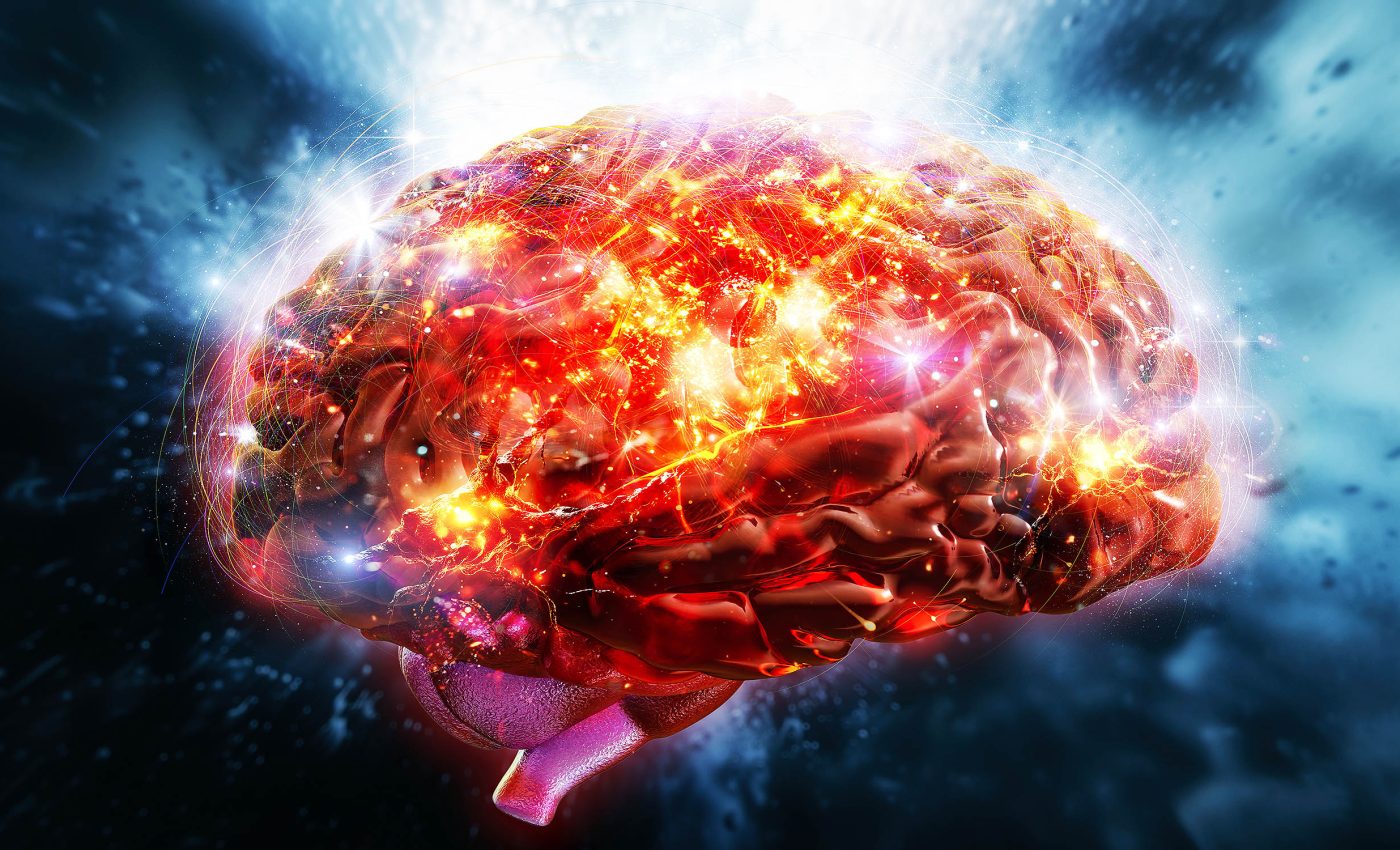
Human brains literally "change" and adapt to our sleep patterns, activities, and overall lifestyle
If you’ve ever groaned at the notion of getting out of bed for an early morning workout, or grumbled at the thought of losing a night’s sleep due to a late-night Netflix binge, your brain is echoing your sentiments to the activities.
In a remarkable and lengthy study, scientists embarked on a fascinating journey to understand this relationship. They closely monitored a single person’s brain activity, physical activity, mood and lifestyle for a whopping five months.
Brain after daily activities
“We wanted to go beyond isolated events. Our behavior and mental states are constantly shaped by our environment and experiences,” says research leader Ana Triana.
Yet, we know little about the response of brain functional connectivity to environmental, physiological, and behavioral changes on different timescales, from days to months.
“To truly understand the brain, we need to look at how it responds and evolves over time, influenced by our environment, experiences, and daily habits.”
Triana wasn’t just leading the research; she was the subject, lending a unique, deeply personal perspective to the study.
Findings from this investigation unveil that our brains don’t just react in knee-jerk, immediate responses to daily events.
Indeed, the brain seems to have a ‘memory’ of sorts. It evolves according to sleep patterns, physical activity, mood, and even respiratory rate over several days.
If you thought a restless night or an intense workout only had immediate, short-term effects, think again. These experiences could still be impacting your brain — and your attention, cognition, and memory — well into the next week.
Brain’s connectivity
The research didn’t stop at understanding the brain’s behavioral response. It also shed light on fascinating connections between the heart and brain.
Heart rate variability, a measure of the heart’s adaptability, appears to have a strong link with brain connectivity, particularly during rest.
So, taking a minute to focus on your breath, engage in mindfulness, or practice any stress management technique could be shaping your brain‘s wiring even when you’re not actively focused on a task.
Even physical activity positively influences how different regions of the brain interact, potentially impacting memory and cognitive flexibility — the ability to switch between thinking about different concepts, or to think about multiple concepts simultaneously.
Intriguingly, even minor shifts in mood, and fluctuations in heart rate could leave lasting imprints for up to fifteen days.
Scanning activities in brain
“At the beginning, it was exciting and a bit stressful. Then, routine settles in and you forget,” says Triana. Data from the devices and twice-weekly brain scans were complemented by qualitative data from mood surveys.
The researchers from Aalto University and the University of Oulu identified two distinct response patterns in the brain: a short-term wave, lasting under seven days, and a long-term wave up to fifteen days.
These waves reflected the brain’s quick adaptability on one hand and more gradual, lasting effects on the other.
Implications for mental health
This study holds significant implications for our understanding of mental health and well-being.
By appreciating that the brain’s responses are not instantaneous but rather span several days to weeks, mental health professionals might develop more effective therapeutic interventions that align with these temporal patterns.
It also encourages individuals to adopt healthier lifestyle habits, recognizing that daily decisions have lasting effects on brain function and connectivity.
Importantly, the research suggests that managing stress and maintaining regular physical activity can enhance cognitive flexibility, potentially improving mental health outcomes and overall quality of life.
Personalized neuroscience
The pioneering nature of this research offers a framework for personalized neuroscience, where tailored interventions could be designed based on an individual’s unique brain response patterns and lifestyle.
With wearable technology and continuous monitoring becoming more accessible, it is feasible to integrate these insights into everyday life, allowing individuals to track their brain health in real-time.
This prospect not only empowers individuals to make informed decisions about their mental and physical health but also opens avenues for further research to explore how external factors, such as nutrition and social interactions, contribute to the brain’s long-term evolution.
As this field progresses, the potential for more personalized, responsive approaches to brain health and well-being will only grow, paving the way for improved quality of life and a deeper understanding of the human brain.
Personalized care for brain activity
The team hopes these findings will inspire future studies to merge brain data with everyday life considerations, driving personalization in mental health treatment.
“Data from daily life must come into the lab,” insists study co-author, neuroscientist and physician Dr Nick Hayward. “Our approach provides essential context to neuroscience and offers granular understanding of the brain.”
Could real-time tracking of brain changes revolutionize healthcare? Triana certainly thinks so, saying, “Linking brain activity with physiological and environmental data can transform personalized healthcare, paving the way for earlier interventions and improved results.”
In conclusion, the way you sleep, the level of your physical activity, your mood, and even your heart rate variability could be influencing your brain in ways we are only beginning to understand.
So next time you’re grappling with the choice of an extra hour of sleep or an early morning jog, remember, your brain is keeping score.
The study is published in the journal PLOS Biology.
—–
Like what you read? Subscribe to our newsletter for engaging articles, exclusive content, and the latest updates.
Check us out on EarthSnap, a free app brought to you by Eric Ralls and Earth.com.
—–













